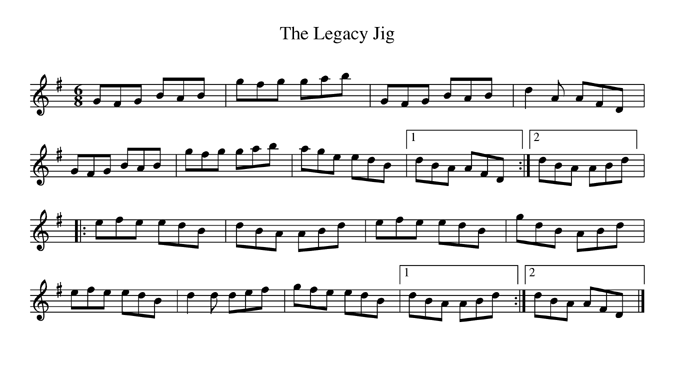Our Path To Happiness: Do Our Genes Know Before We Do?
OUR PATH TO HAPPINESS: DO OUR GENES KNOW BEFORE WE DO? (ISSUE 92)
By Diane Gold
 Whatever our path to happiness, it is what drives us, floats our boat and encourages us to behave the way we do. Sometimes, it can be judged as superficial ego stroking; other times, it is seen as deep, genuine and benevolent. Whatever it is for us, we might be interested to know that our genes, and not just the social networks, can tell the difference.
Whatever our path to happiness, it is what drives us, floats our boat and encourages us to behave the way we do. Sometimes, it can be judged as superficial ego stroking; other times, it is seen as deep, genuine and benevolent. Whatever it is for us, we might be interested to know that our genes, and not just the social networks, can tell the difference.
Happiness
Barbara L. Fredrickson of University of North Carolina, Chapel Hill et al and Steven W. Cole of UCLA, School of Medicine et al authored a July, 2013, study (published in the Proceedings of the National Academy Of Sciences) on how genetic expression is effected by the kind of happiness we seek. There is hedonic happiness, where we park ourselves at the local upscale restaurant’s bar for the purpose of being seen and getting photographed for the high society pages; and there is eudaemonic happiness, where we devote ourselves to a societal goal or creative act to beautify the world.
Yes, it’s surprising that our biology is watching and reacting; there is more and more proof.
THE STUDY
 The study included 80 subjects who took a verbal survey, had their blood drawn and data compiled. It turns out that the study clearly indicated different gene expression profiles for those people whose happiness had to do with a goal or higher purpose and those whose happiness was connected with superficial pleasures and instant, short-lived gratification. According to an article in The New York Times on the study findings, Gretchen Reynolds wrote,
The study included 80 subjects who took a verbal survey, had their blood drawn and data compiled. It turns out that the study clearly indicated different gene expression profiles for those people whose happiness had to do with a goal or higher purpose and those whose happiness was connected with superficial pleasures and instant, short-lived gratification. According to an article in The New York Times on the study findings, Gretchen Reynolds wrote,
“Gene expression is the complex process by which genes direct the production of proteins. These proteins jump-start other processes, which in the case of white blood cells, control much of the body’s immune response.”
She’s referring to the fact that the blood testing of these 80 healthy individuals showed profiles with relatively high levels of blood markers that are known to cause inflammatory response for those whose happiness was related to the hedonistic approach. Their antibody production seemed to be less than in those whose goals were more moralistic. The smaller part of the group whose happiness was more service-based had gene expression that raised antibody production and reduced inflammatory expression.
Steven W. Cole, co-author of the study and professor of medicine in California stated,
“Our genes can tell the difference,”
between a life of purpose and self-gratification, unrelated to the greater good. Our Genes
WHY
It has been suggested that our genes are evolutionarily programmed to do the ultimate good to keep ourselves and humanity safe. The lead author, Steven W. Cole is quoted by Christopher Bergland in Psychology Today, when referring to why the genes express differently, based on what different people feel,
“likely evolved to help the immune system counter the changing patterns of microbial threat that were ancestrally associated with changing socio-environmental conditions; these threats included bacterial infection from wounds caused by social conflict and an increased risk of viral infection associated with social contact. But in contemporary society and our very different environment, chronic activation by social or symbolic threats can promote inflammation and cause cardiovascular, neuro-degenerative and other diseases and can impair resistance to viral infections.”
It’s pretty amazing at how our genes have protected us and continue to protect us from internal and social threats. Pretty fascinating!
CHANGING
This article is not suggesting we make changes, that is, change our habits to those that include giving, sharing, helping, doing service. It is, however, informing and reinforcing the idea that if we don’t, our bodies may become weaker.
 It would serve all of us if we used the concepts in this study wisely. Whether we decided to run a store to give free sandwiches to the poor or we decide to work on our own physical fitness so that we can be a better and healthier family member; we would ultimately achieve that deeper happiness because our genes would tell the right proteins to fire so we would live longer and more healthily.
It would serve all of us if we used the concepts in this study wisely. Whether we decided to run a store to give free sandwiches to the poor or we decide to work on our own physical fitness so that we can be a better and healthier family member; we would ultimately achieve that deeper happiness because our genes would tell the right proteins to fire so we would live longer and more healthily.
In order to feel the deep or the shallow happiness, and no one here is judging which is better, we must be alive and well. Therefore, we are recommending that it is worth thinking twice from now on about how to act in the name of happiness.
It’s one thing to go from activity to activity, always looking for the next great kick. It is another to build a foundational difference in the world or in ourselves. The bottom line is that now we can attach a scientific reason to taking care of ourselves and others.
ACTION STEPS
NOTE
The following are a series of simple questions to ponder. Do not judge yourself. Only consider truthfully. If it pleases you, number a page from 1 to __, and write down your considerations and the date.
1) Consider which is better for you, your favorite quick fix or a project where you are making a difference.
2) Consider what your favorite quick fix is, and, on a scale of 1 to 10, how healthy is it for you, 10 being very healthy.
3) Consider what your favorite “making a difference project is, and, on a scale of 1 to 10, how healthy is it for you.
4) Consider how many people’s lives you could impact with your project.
5) Consider which is better for you, your favorite quick fix or a project where you are making a difference.
6) Do the activity you have considered as most pleasing to you with extra gusto.
CONCLUSION
It is fascinating that our genes which control whether things do or do not become, in many cases, respond to tension, release and, apparently, innate tendencies. Because of this and since we are speaking about it now, it is a great time to take a self-look.

____________________________________________________________________
FEEDBACK
Please leave a comment and LIKE.
DIANE GOLD, AUTHOR
Diane Gold, Founder of Warriors of Weight, Turning Habits Into Health, is a mentor in tai chi, kung fu and meditation, a music, fitness and stress expert, dedicated mom, studying plant-based nutrition and habit change.
She has always been fascinated by genetics. She says,
“Happiness comes from within. The instantly gratifying activities we do or actions we take count for fun but can easily go away. We each choose how to live, and whatever that is, it is right for us at the time we choose it. We can be confident in that!
“Looking at the ways others obtain happiness will not trick our genes. Obviously, they feel us closely. Therefore, considering inner balance is a worthwhile effort.”

 There are so many ingredients in one product that the habit of reading labels must go along with doing research on what we read, if we wish to understand them. I have been studying labeling of foods since the mid-1970s when I began studying a philosophy that includes meditation (sound yoga) , a lacto-ovo-vegetarian diet and a good clean moral life. I read every label and contacted every manufacturer of anything I ate or drank, and I would pass that info on to my fellow philosophers. My purpose was to eliminate meat, fish, poultry from the diet. I was surprised at how many ingredients and processes were withheld from the consumer. Not enough has changed since then.
There are so many ingredients in one product that the habit of reading labels must go along with doing research on what we read, if we wish to understand them. I have been studying labeling of foods since the mid-1970s when I began studying a philosophy that includes meditation (sound yoga) , a lacto-ovo-vegetarian diet and a good clean moral life. I read every label and contacted every manufacturer of anything I ate or drank, and I would pass that info on to my fellow philosophers. My purpose was to eliminate meat, fish, poultry from the diet. I was surprised at how many ingredients and processes were withheld from the consumer. Not enough has changed since then.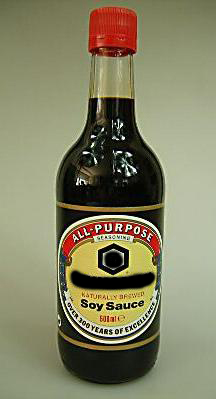 Example One: Take the alcohol in the common soy sauce, for example. It can be made from animal fat, plant substance or it can be man-made. If we choose to stay away from animal products, we won’t know whether there is animal in it by the ingredient name only. If we have an allergy to certain plants, we may not even know we are ingesting the allergic substance due to incomplete labeling practices. And, then there’s synthetic alcohol. That leaves the ingredient “alcohol” open to any number of methods of alcohol preparation.
Example One: Take the alcohol in the common soy sauce, for example. It can be made from animal fat, plant substance or it can be man-made. If we choose to stay away from animal products, we won’t know whether there is animal in it by the ingredient name only. If we have an allergy to certain plants, we may not even know we are ingesting the allergic substance due to incomplete labeling practices. And, then there’s synthetic alcohol. That leaves the ingredient “alcohol” open to any number of methods of alcohol preparation. Aside from the fact that we have been raised to buy food products in packages, the labels of those products don’t tell us the source, and the materials used in the manufacturing process are not required to be disclosed. We accept this and make it a standard in our buying habits.
Aside from the fact that we have been raised to buy food products in packages, the labels of those products don’t tell us the source, and the materials used in the manufacturing process are not required to be disclosed. We accept this and make it a standard in our buying habits.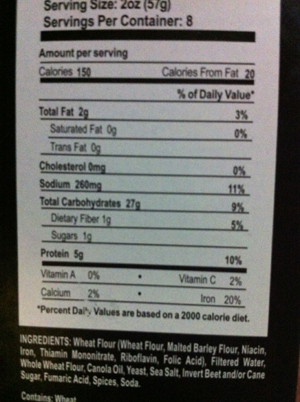 1)
1)  5)
5)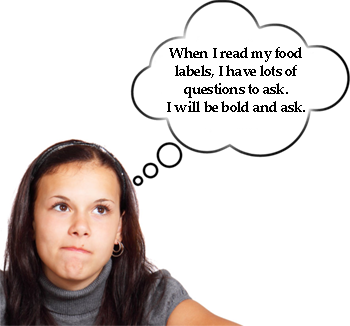 2)
2) 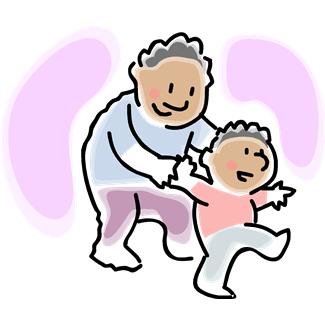 Both habits and mastery require many lessons. They are both learned behaviors that require extreme repetition. Habits are responses we cultivate as a reaction to a certain feeling, urge, itch, trigger, craving. With repetition, these responses become semi-automatic behaviors that become part of our infrastructure until we change them. Mastery is a state of prowess developed through repeating any skill set.
Both habits and mastery require many lessons. They are both learned behaviors that require extreme repetition. Habits are responses we cultivate as a reaction to a certain feeling, urge, itch, trigger, craving. With repetition, these responses become semi-automatic behaviors that become part of our infrastructure until we change them. Mastery is a state of prowess developed through repeating any skill set.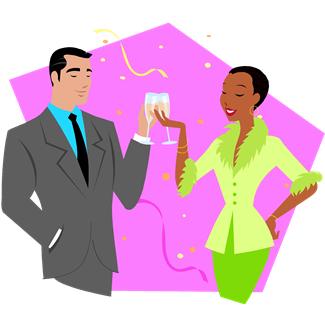 When we get the same urge over and over and do the same behavior to answer the urge, isn’t that actually mastering the management of that urge? In some cases, this “management” supports our positive life style. In others, the habit burdens us or diminishes our effective productivity.
When we get the same urge over and over and do the same behavior to answer the urge, isn’t that actually mastering the management of that urge? In some cases, this “management” supports our positive life style. In others, the habit burdens us or diminishes our effective productivity.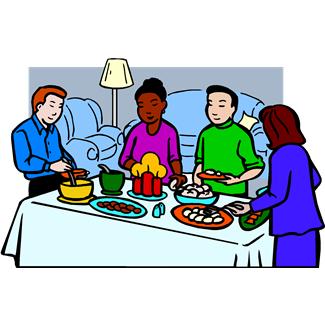
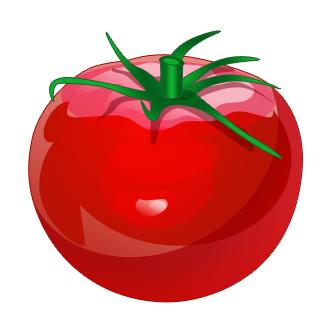
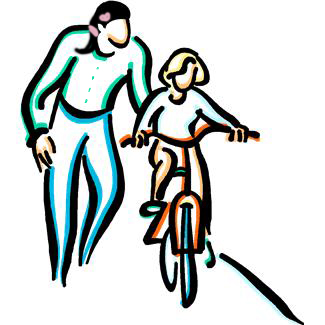 Whether we repeat our training, we learn, whether it’s riding a bike, learning to walk, learning to swim, answering our food urge mechanism by eating snack foods, answering our alcohol trigger by drinking to excess; we learn well how to immerse ourselves in the habit.
Whether we repeat our training, we learn, whether it’s riding a bike, learning to walk, learning to swim, answering our food urge mechanism by eating snack foods, answering our alcohol trigger by drinking to excess; we learn well how to immerse ourselves in the habit. The skills used to develop a habit are focus, repetition and follow through. These are the skills needed to change a habit, too. Of course, passion is involved in the original learning and should one choose to make a change.
The skills used to develop a habit are focus, repetition and follow through. These are the skills needed to change a habit, too. Of course, passion is involved in the original learning and should one choose to make a change. Health care costs make it difficult or impossible for all Americans to afford the services they deserve. After surprising a young college student friend of mine from India over the fact that everyone in the United States does not have all the necessities, I decided to look into health care costs.
Health care costs make it difficult or impossible for all Americans to afford the services they deserve. After surprising a young college student friend of mine from India over the fact that everyone in the United States does not have all the necessities, I decided to look into health care costs.
 Although about 1/6 of our income in the United States goes to health care, how can we maintain that health care is a human right if some people can’t afford it? Or do we consider health care a privilege? And, if we step off our continent for a moment and look at the fact that the amount I pay for health insurance per month could pay for the health care of 15 people in most African nations for the same month, or in the Congo or Burma, for 45 people.
Although about 1/6 of our income in the United States goes to health care, how can we maintain that health care is a human right if some people can’t afford it? Or do we consider health care a privilege? And, if we step off our continent for a moment and look at the fact that the amount I pay for health insurance per month could pay for the health care of 15 people in most African nations for the same month, or in the Congo or Burma, for 45 people. 1)
1)
 11)
11)  Health care costs are high due to fees for medical personnel, cost of equipment and facilities, intricacies of technology, cost of research. Because we are in the habit of wasting instead of conserving, we spend more than we have to – in time and in money. When we are ill, we like to see beautiful offices, rather than cheaply appointed office space with cracks, old paint and the smell of age. Sometimes, we even equate the ability of a professional staff with the grandeur of an office. As employees, we want to be paid for our work, and we should be.
Health care costs are high due to fees for medical personnel, cost of equipment and facilities, intricacies of technology, cost of research. Because we are in the habit of wasting instead of conserving, we spend more than we have to – in time and in money. When we are ill, we like to see beautiful offices, rather than cheaply appointed office space with cracks, old paint and the smell of age. Sometimes, we even equate the ability of a professional staff with the grandeur of an office. As employees, we want to be paid for our work, and we should be. Hearing these words brought back a whole series of memories starting with a story my mother told me about her childhood. Now, I know that I have always been an explorer and that if a rule or tradition didn’t make sense to me, I always questioned it. I was encouraged to do so by both my parents.
Hearing these words brought back a whole series of memories starting with a story my mother told me about her childhood. Now, I know that I have always been an explorer and that if a rule or tradition didn’t make sense to me, I always questioned it. I was encouraged to do so by both my parents. So, let’s backtrack to when my mom was one-year-old. (This photo is not my mom. Because of her free spirit, I believe she would laugh if she saw this representation. This photo is used with lots of love and memories of nurturing.) She told me that she loved to see a plate break on the floor, that she would laugh with abandon at this phenomenon. Maybe it was the excitement of seeing the pieces scatter. It was a favorite activity, nonetheless. And my grandfather used to buy her plates so that she could knock them off her highchair so that she could laugh and be free. Yes, he was liberated, too.
So, let’s backtrack to when my mom was one-year-old. (This photo is not my mom. Because of her free spirit, I believe she would laugh if she saw this representation. This photo is used with lots of love and memories of nurturing.) She told me that she loved to see a plate break on the floor, that she would laugh with abandon at this phenomenon. Maybe it was the excitement of seeing the pieces scatter. It was a favorite activity, nonetheless. And my grandfather used to buy her plates so that she could knock them off her highchair so that she could laugh and be free. Yes, he was liberated, too.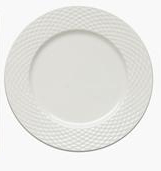 I did not throw plates, but I was encouraged to be my own person, ask questions about anything for the purpose of becoming a productive and liberated person. I can’t swear that my parents were thinking of the word “liberation” when they were raising me. They just saw no need to teach me to be seen and not heard as was and still is a popular method of child-rearing. Personally, I think this method can repress a child’s spirit and disable a child’s curiosity. Respect for elders and familial hierarchy can be taught in many ways, but free speech, in my opinion, should begin at the earliest of ages.
I did not throw plates, but I was encouraged to be my own person, ask questions about anything for the purpose of becoming a productive and liberated person. I can’t swear that my parents were thinking of the word “liberation” when they were raising me. They just saw no need to teach me to be seen and not heard as was and still is a popular method of child-rearing. Personally, I think this method can repress a child’s spirit and disable a child’s curiosity. Respect for elders and familial hierarchy can be taught in many ways, but free speech, in my opinion, should begin at the earliest of ages. Let me clarify that many people raised in the “be seen and not heard” old-school philosophy are successful, happy, shining and wonderfully balanced. There are, however, many of us raised with restrictions every time we turn around, such as don’t speak unless we are asked a question, always be available as a servant to our parents, all friends must be researched for family stature and then brought to the house for approval; we are often stressed, repressed and depressed because of it. Certainly, we are rarely liberated and feel the pain of not being trusted.
Let me clarify that many people raised in the “be seen and not heard” old-school philosophy are successful, happy, shining and wonderfully balanced. There are, however, many of us raised with restrictions every time we turn around, such as don’t speak unless we are asked a question, always be available as a servant to our parents, all friends must be researched for family stature and then brought to the house for approval; we are often stressed, repressed and depressed because of it. Certainly, we are rarely liberated and feel the pain of not being trusted. 2) We don’t speak up due to our self-image. This usually has to do with the fact that we are younger, older, the minority sex in the group, the wrong sexual orientation, a woman whose place (in in someone else’s mind) is in the home, the wrong nationality, religion or socio-economic level.
2) We don’t speak up due to our self-image. This usually has to do with the fact that we are younger, older, the minority sex in the group, the wrong sexual orientation, a woman whose place (in in someone else’s mind) is in the home, the wrong nationality, religion or socio-economic level. 2)
2)
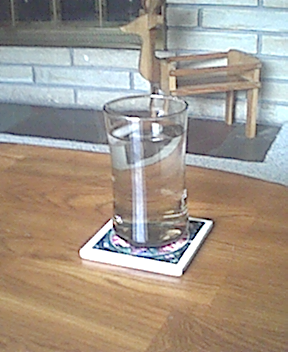 Water works on habit change. It has a profound influence on whatever we are doing. If we are working on changing a habit, we need it. If we are thirsty, the body is already deprived, but it hydrates us. Water flushes out toxins; it balances the chemicals that make us human; it combines with the nutrients from our food. It keeps our health.
Water works on habit change. It has a profound influence on whatever we are doing. If we are working on changing a habit, we need it. If we are thirsty, the body is already deprived, but it hydrates us. Water flushes out toxins; it balances the chemicals that make us human; it combines with the nutrients from our food. It keeps our health.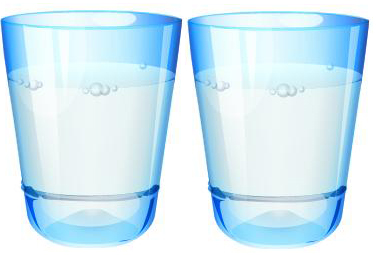 Before sitting down to eat (or even if we eat standing up), pour two glasses of water for ourselves. Before we allow ourselves to take a bite to eat, we drink all the water. We do this at every meal, including snacks.
Before sitting down to eat (or even if we eat standing up), pour two glasses of water for ourselves. Before we allow ourselves to take a bite to eat, we drink all the water. We do this at every meal, including snacks. We can think of the beautiful water supply from which it came, if it is clean water and conjure a picture of wonderful waterfalls surrounding it. Secondly, we can honor those who do not have clean water or any water at all by being grateful for the water in front of us. This mental exercise helps insure the water is drunk with no excuses.
We can think of the beautiful water supply from which it came, if it is clean water and conjure a picture of wonderful waterfalls surrounding it. Secondly, we can honor those who do not have clean water or any water at all by being grateful for the water in front of us. This mental exercise helps insure the water is drunk with no excuses.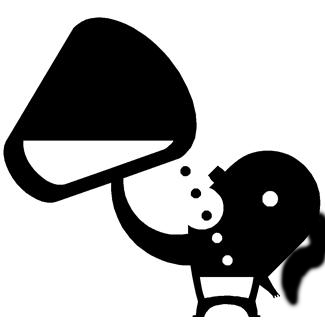
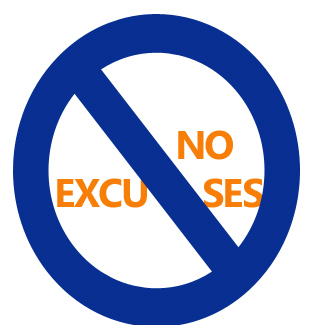 1) It’s not always convenient to stop and get water.
1) It’s not always convenient to stop and get water.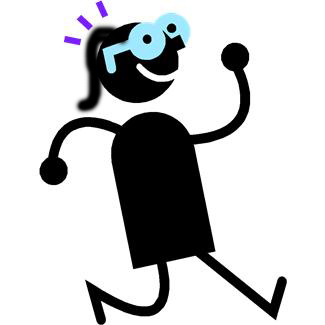 3)
3)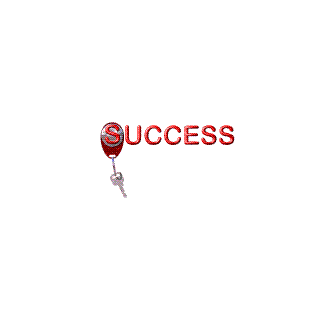 It would seem that it’d be hard to pinpoint one success habit that we need to succeed. But, it’s right in front of us and we all use it or lose it. The great thing is that everyone, more or less, can learn it. With respect to the developmentally delayed and emotionally fraught people I have and have not worked with and respect, it’s as easy as putting one foot in front of the other.
It would seem that it’d be hard to pinpoint one success habit that we need to succeed. But, it’s right in front of us and we all use it or lose it. The great thing is that everyone, more or less, can learn it. With respect to the developmentally delayed and emotionally fraught people I have and have not worked with and respect, it’s as easy as putting one foot in front of the other.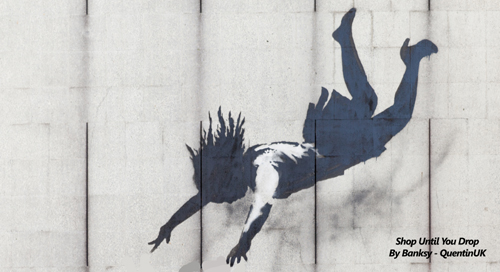
 For just about anything,
For just about anything, 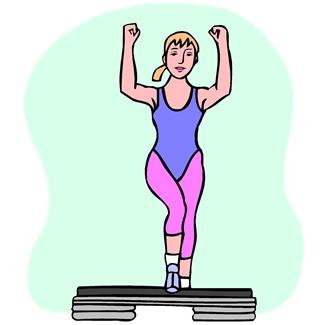
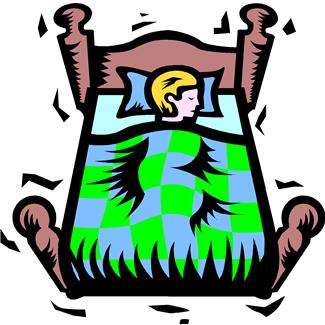
 If we have experienced a chemical set back, meaning we have overeaten or done drugs or alcohol; our body will be in the fight or flight mode. Therefore, we will have to be aware that we will be getting cues to repeat the “fall” behavior. Every time we get our cue to do excess food or drugs or alcohol, we need to act according to plan.
If we have experienced a chemical set back, meaning we have overeaten or done drugs or alcohol; our body will be in the fight or flight mode. Therefore, we will have to be aware that we will be getting cues to repeat the “fall” behavior. Every time we get our cue to do excess food or drugs or alcohol, we need to act according to plan.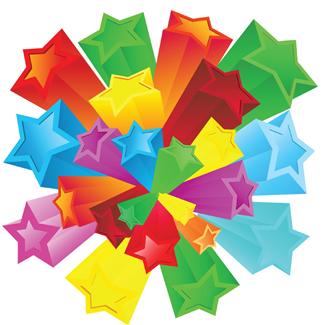 The important thing about learning the one necessary success habit is to follow through on a daily basis toward the goal we have set for ourselves. With substance abuse, when we get that urge, that cue to behave in a way that does not support our goals, we need to have a planned activity in mind so that we can take a positive action and get our reward. With losing face or money, the planned activity will be to take a step toward our goal within 24 hours AS IF we felt like it.
The important thing about learning the one necessary success habit is to follow through on a daily basis toward the goal we have set for ourselves. With substance abuse, when we get that urge, that cue to behave in a way that does not support our goals, we need to have a planned activity in mind so that we can take a positive action and get our reward. With losing face or money, the planned activity will be to take a step toward our goal within 24 hours AS IF we felt like it. When we go to a medical professional for wellness or sickness services, we start to build habits. We learn that it is important to trust the doctor with both the body and the mind, or that’s how it was in the 1960s when I was young. We were taught we had to trust this person of medicine to care about us and that we could talk to them about anything that bothered us, even emotional issues.
When we go to a medical professional for wellness or sickness services, we start to build habits. We learn that it is important to trust the doctor with both the body and the mind, or that’s how it was in the 1960s when I was young. We were taught we had to trust this person of medicine to care about us and that we could talk to them about anything that bothered us, even emotional issues. Note that I am using the term doctor to mean the individual each of us has chosen to be our primary health care provider. Personally, I’m still looking.
Note that I am using the term doctor to mean the individual each of us has chosen to be our primary health care provider. Personally, I’m still looking.
 Next I received an invoice for $466. This was quite different from the $00.00 I had been told I would have to pay.
Next I received an invoice for $466. This was quite different from the $00.00 I had been told I would have to pay.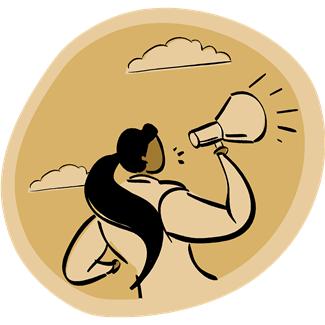 There is only one step:
There is only one step: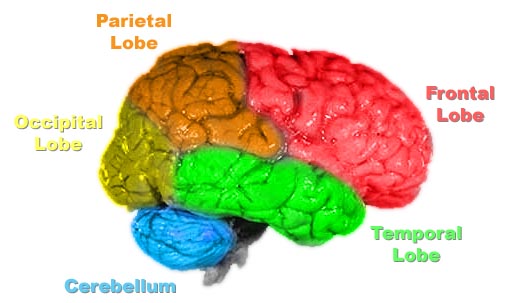 An MIT study last October at the McGovern Institute For Brain Research, authored by Kyle Smith, Ann Graybiel, et al, showed how rats continued their learned habitual behavior even when their reward was removed.
An MIT study last October at the McGovern Institute For Brain Research, authored by Kyle Smith, Ann Graybiel, et al, showed how rats continued their learned habitual behavior even when their reward was removed. Often times, we put tremendous value on what we do. If we write, we believe our writing helps the readership. If we compose, we are enamored with our own work. If we teach, we think we are the best. If we are fighters, we believe we are the best.
Often times, we put tremendous value on what we do. If we write, we believe our writing helps the readership. If we compose, we are enamored with our own work. If we teach, we think we are the best. If we are fighters, we believe we are the best. 2) PASSING JUDGMENT
2) PASSING JUDGMENT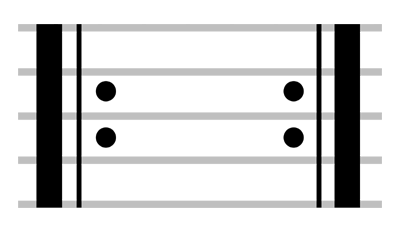 In order for these action steps to take shape, we must repeat them over and over, each time we have the opportunity. The idea is to change the habit of inflexible mind we have instilled in ourselves, and instill a new one, the habit of flexible mind. It requires self-mind training, as with any habit!
In order for these action steps to take shape, we must repeat them over and over, each time we have the opportunity. The idea is to change the habit of inflexible mind we have instilled in ourselves, and instill a new one, the habit of flexible mind. It requires self-mind training, as with any habit! Have a question about a habit, nutrition, plant-based nutrition, tai chi, music, parenting, life? Ask here and, if we don’t know the answer, we will ask our qualified panelists and professional colleagues to help get you your answer.
Have a question about a habit, nutrition, plant-based nutrition, tai chi, music, parenting, life? Ask here and, if we don’t know the answer, we will ask our qualified panelists and professional colleagues to help get you your answer. One truth is this: the more times we do any behavior; the less offensive it becomes to us, the more we think it supports our positive lifestyle, the less foreign it becomes, the poorer our judgment becomes about the behavior and the easier it is to keep doing it.
One truth is this: the more times we do any behavior; the less offensive it becomes to us, the more we think it supports our positive lifestyle, the less foreign it becomes, the poorer our judgment becomes about the behavior and the easier it is to keep doing it.
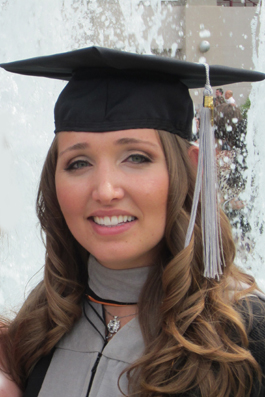
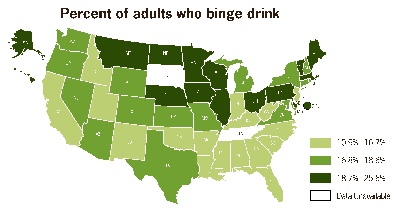
 We understand that when people say, “Oh, why don’t you just have one,” when speaking about any consumables whose “one” would trigger a series of unhealthy behaviors; it is we who choose our actions. The Greek aphorism “Know Thyself” comes into play; if we have the control to consume “one,” great. If having “one” will trigger having 100 after that, we choose and smile about it. Usually, the “one” act leads to 5,000 more of that “one” action, so the decision to abstain is preferable.
We understand that when people say, “Oh, why don’t you just have one,” when speaking about any consumables whose “one” would trigger a series of unhealthy behaviors; it is we who choose our actions. The Greek aphorism “Know Thyself” comes into play; if we have the control to consume “one,” great. If having “one” will trigger having 100 after that, we choose and smile about it. Usually, the “one” act leads to 5,000 more of that “one” action, so the decision to abstain is preferable.